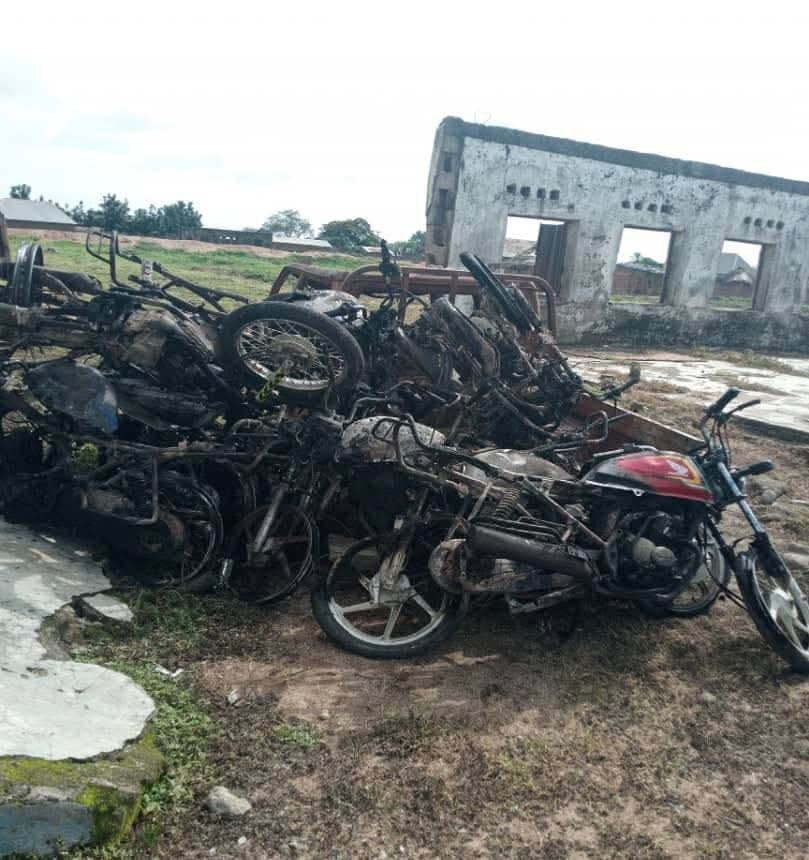Nigerian security forces, aided by local vigilante groups, have neutralized more than 100 armed militants in a decisive three-hour clash in Niger State, marking one of the most significant counter-banditry operations in the region this year. The encounter occurred Tuesday in Warari Community, Rijau Local Government Area, following intelligence provided by residents about routes used by groups involved in cattle raids and attacks.
Military units strategically ambushed the motorcycle-riding assailants, employing armored vehicles and advanced weaponry to overpower them. Eyewitnesses described the engagement as unusually direct, with troops maintaining clear control throughout the firefight. “We’ve never seen our forces dominate a battle like this,” said a resident, among crowds that gathered to celebrate the military’s success. Security analysts noted the use of Armored Personnel Carriers (APCs) as a critical factor in containing the militants’ mobility.
Local leaders corroborated the scale of the operation, telling media outlet PRNigeria that over 70 bodies of attackers were visible along highways and farmlands shortly after the clash, with additional casualties observed in nearby forests. “From Warari hill, we spotted more remains deeper in the wooded areas,” said a community representative, speaking anonymously due to safety concerns. The source emphasized the strategic importance of Warari as a transit hub connecting multiple regions, urging authorities to seal escape routes to neighboring cities like Kontagora and Ilorin to prevent regrouping.
The operation underscores escalating efforts to curb banditry in North Central Nigeria, where rural communities have long faced violence linked to livestock theft and kidnappings. While details about military or civilian casualties remain undisclosed, the visible toll on militant ranks has fueled cautious optimism among residents. Security forces have intensified operations in recent months amid pressure to restore stability in regions plagued by overlapping security crises.
Officials have yet to release an official statement, but the engagement aligns with broader initiatives to dismantle armed networks through coordinated intelligence and community collaboration. The involvement of vigilantes — civilian groups formed to supplement undermanned security forces — highlights localized strategies to combat insecurity. However, experts caution that sustained progress will require addressing root causes, including resource disputes and limited state presence in remote areas.
This clash follows a pattern of increased militant activity in Nigeria’s northwest and central regions, where porous borders and vast terrain complicate security operations. The successful ambush in Warari demonstrates the tactical impact of actionable intelligence but also raises questions about militants’ persistent access to transportation networks. As recovery efforts continue, affected communities await further measures to secure vulnerable transit corridors and prevent retaliation.
